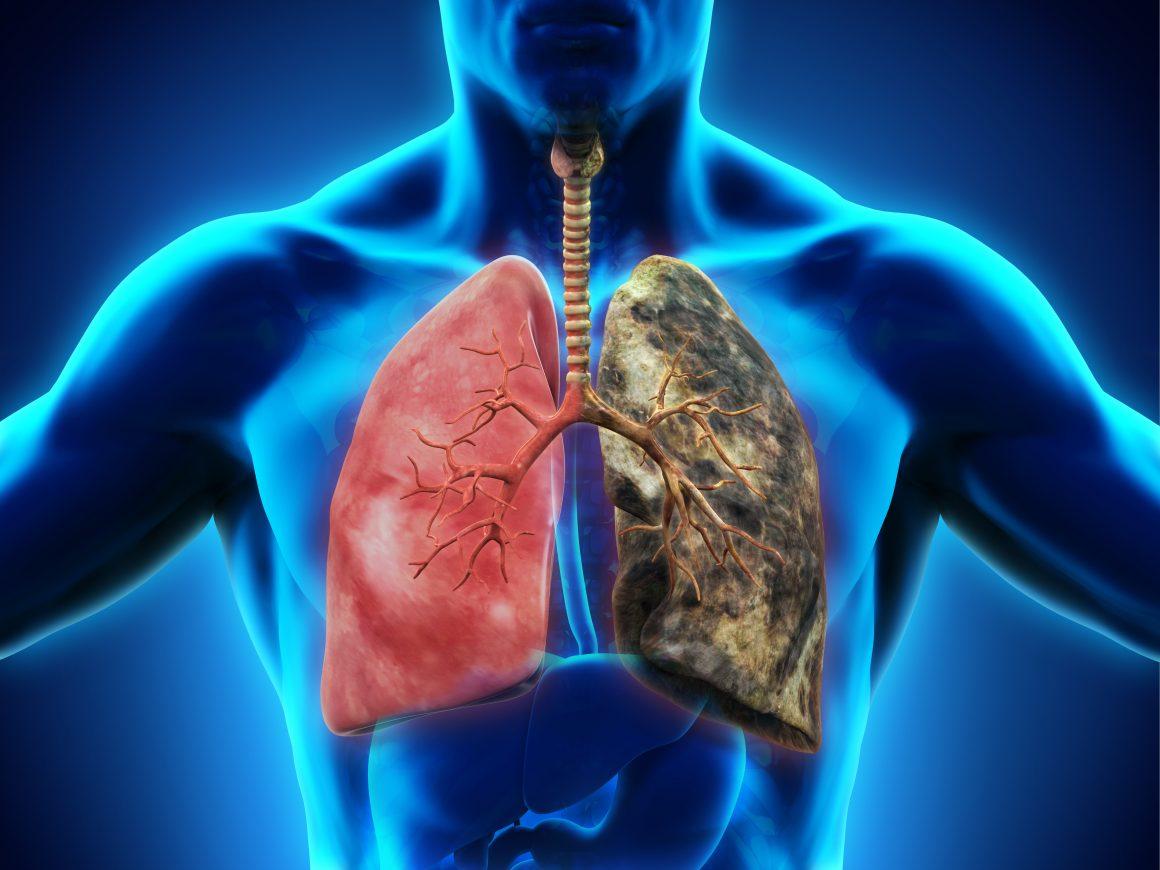When diagnosed with stage 4 small cell lung cancer, the emotional and physical challenges can be overwhelming. As the disease progresses, patients often enter critical care, where decisions around treatment, comfort, and daily care become even more important. Understanding the appropriate steps to take can help patients and their families navigate this difficult time. Below, we will break down the essential do's and don’ts that can improve quality of life and provide support for those affected.
What is Stage 4 Small Cell Lung Cancer?
Stage 4 small cell lung cancer (SCLC) is the most advanced form of this cancer, often characterized by rapid spread beyond the lungs to other parts of the body. It is a particularly aggressive form of cancer, and when diagnosed at stage 4, it is usually treated with chemotherapy, immunotherapy, or a combination of both. At this stage, the focus often shifts to palliative care and improving the quality of life.
Symptoms of stage 4 small cell lung cancer may include:
- Severe coughing
- Shortness of breath
- Fatigue and weakness
- Unexplained weight loss
- Pain in the chest, back, or other areas
In some cases, symptoms from other cancers, like symptoms of squamous cell lung carcinoma, can overlap with those of small cell lung cancer. It is essential to consult a healthcare provider for an accurate diagnosis and appropriate treatment plan.
Do’s for Stage 4 Small Cell Lung Cancer Patients in Critical Care:
For patients in critical care, the importance of maintaining comfort, managing pain, and following the doctor's advice cannot be stressed enough. The do's listed here are aimed at improving well-being and ensuring the best possible care during this challenging time.
1. Follow Your Doctor’s Advice
Always listen to your healthcare provider. Critical care physicians are trained to manage complex cancer treatments and can adjust therapies based on how the patient is responding. Medication schedules, chemotherapy doses, and pain management protocols are designed with the patient's specific condition in mind.
2. Prioritize Comfort
Patients with stage 4 SCLC may experience severe discomfort due to pain and difficulty breathing. Focus on strategies that improve comfort, such as adjusting the patient’s position, using pillows to support different parts of the body, and employing appropriate pain relief techniques. Oxygen therapy may also be recommended to ease breathing difficulties.
3. Encourage Hydration and Nutrition
Maintaining proper hydration and nutrition is crucial. Stage 4 small cell lung cancer can make eating and drinking difficult due to nausea or a lack of appetite, but small, frequent meals and hydration can help keep the body strong. Nutritional support may be provided through feeding tubes or supplements if needed.
4. Foster Emotional Support
Emotional well-being plays a major role in cancer care. Encourage open communication and provide emotional support for the patient. Family and friends should offer a listening ear and be present in a comforting way. Mental health professionals can also provide counseling for patients and their families during this difficult time.
5. Manage Symptoms Effectively
It is important to manage symptoms such as pain, nausea, and fatigue. Pain management should be a priority, and medication may be prescribed to manage discomfort. If the patient is experiencing difficulty breathing, consult with the doctor about possible treatments such as bronchodilators, steroids, or supplemental oxygen.
Don’ts for Stage 4 Small Cell Lung Cancer Patients in Critical Care
While there are many things to do to ensure the comfort and care of stage 4 small cell lung cancer patients, there are also several actions to avoid. These don’ts are just as crucial for managing critical care effectively.
1. Do Not Skip Follow-Up Appointments
Critical care involves frequent monitoring of the patient’s condition. Skipping follow-up appointments or treatments can lead to complications and missed opportunities to adjust therapies for better outcomes. Stick to scheduled visits and ensure that the patient receives the necessary medical care.
2. Avoid Overexertion
While some physical activity may be encouraged, overexertion should be avoided. Stage 4 SCLC patients are often weak, and pushing the body too hard can cause exhaustion, pain, and other complications. Encourage rest and allow the patient to conserve energy.
3. Do Not Hesitate to Ask Questions
Do not be afraid to ask questions regarding any aspect of the treatment. If there is confusion about medications, side effects, or the next steps in care, it is important to address these concerns promptly. Effective communication with the healthcare team is vital for understanding the patient's treatment plan and expectations.
4. Avoid Ignoring Emotional Needs
While physical care is essential, emotional support should never be overlooked. Ignoring the patient’s emotional and psychological needs can contribute to feelings of isolation and depression. Encouraging a calm, peaceful environment and ensuring the patient feels heard can significantly improve their overall well-being.
5. Do Not Stop Medications Without Consultation
Some patients may experience side effects from cancer treatments, but it is important to never stop any prescribed medication without consulting the healthcare team. Discontinuing medications such as chemotherapy or pain management drugs can worsen the patient's condition.
Let's Rewind:
Caring for a loved one with stage 4 small cell lung cancer in critical care is an emotional and physical challenge. By following the necessary do’s and don’ts, patients can experience improved comfort and well-being. Clear communication with healthcare providers, proper symptom management, and emotional support are key to navigating this difficult stage of illness. Remember, each individual’s care needs may vary, and it is crucial to adjust the approach as needed for the patient’s unique situation.
